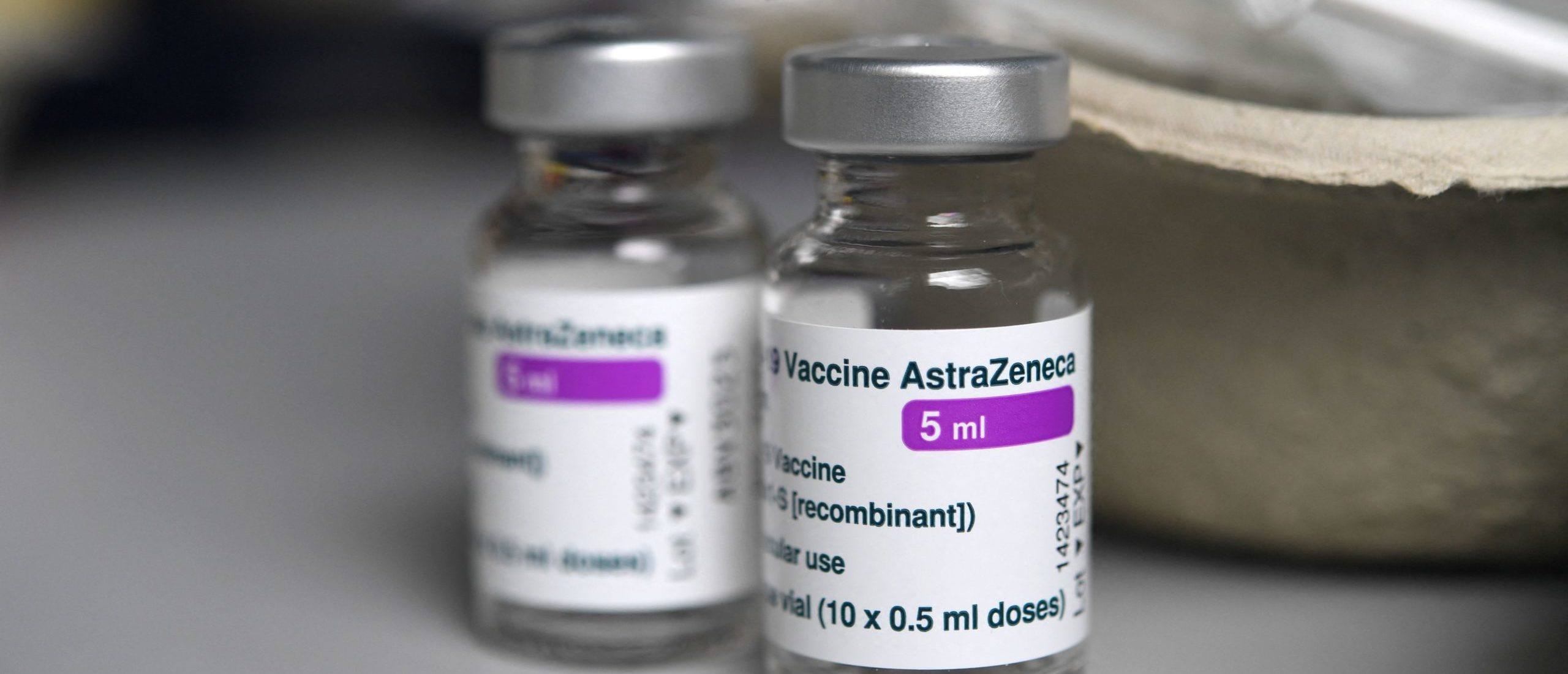The United States has a stock of tens of millions of doses of AstraZeneca’s COVID-19 vaccine, but the injection has not yet been approved by American regulators.
The White House is in the midst of a tense debate over whether to release doses of the vaccine to other countries that have already approved the vaccine, according to The New York Times (NYT). About 30 million doses are ready at the company’s West Chester, Ohio, facility, and enough vaccine for tens of millions more doses is reportedly ready in Baltimore, Maryland, at the Emergent BioSolutions facility.
More than 70 countries have already authorized the use of the AstraZeneca vaccine, but its trial in the United States has not yet yielded results and the company has not requested authorization for emergency use from the FDA. The company asked the White House for permission to lend its American doses to the European Union due to a shortage of supplies there, according to the NYT, but the Biden government has so far denied the request. (RELATED: RESEARCH: 47% of Trump supporters will not get the coronavirus vaccine)
The Trump administration offered up to $ 1.2 billion in May 2020 to AstraZeneca to help develop vaccines in exchange for up to 300 million doses if an effective drug could be produced. Unfortunately, the Swedish-British company encountered a series of obstacles with the FDA that delayed approval of the vaccine.
His test in the United States was halted for seven weeks last year due to a delay in providing information to the FDA about possible neurological side effects discovered in two containers of the vaccine. Health regulators in Iceland, Norway and Denmark have suspended the use of the vaccine due to blood clots reported in several European recipients, according to Insider.
#SMASH There is no reason to stop using the AstraZeneca Covid-19 vaccine: WHO pic.twitter.com/WiFq7G7J54
– AFP News Agency (@AFP) March 12, 2021
EU and company officials say there is no evidence that the clots are caused by the vaccine. In addition to production and safety concerns, some people in Europe refused to get the AstraZeneca injection due to its inferior effectiveness compared to offers from other companies like Pfizer and Moderna, NYT reported.
South Africa canceled plans to approve the vaccine in February, after it was less effective against a specific strain that emerged in the country. (RELATED: China offers to vaccinate all Olympic athletes before the Beijing and Tokyo Games)
Some European officials have begun to blame the United States for the lack of vaccines. European Council President Charles Michel said the United States and Britain had implemented a “total ban on the export of vaccines or vaccine components produced in their territory”, as reported by the BBC.
In addition to blocking the export of the AstraZeneca vaccine so far, the Biden administration has denied a request from Johnson & Johnson to send some doses from America to Europe to help make up for the shortage of supplies there. White House press secretary Jen Psaki said that companies are free to export doses abroad, as long as they comply with contractual obligations with the United States, but that President Joe Biden would not be donating doses to other countries until all Americans could be vaccinated.
Some experts question whether the AstraZeneca vaccine will really add value to the United States when the test results are ready, according to the NYT. The injection is not expected to be more effective than the Johnson & Johnson vaccine, which takes just one dose and can be stored more easily than offers from Pfizer and Moderna.
